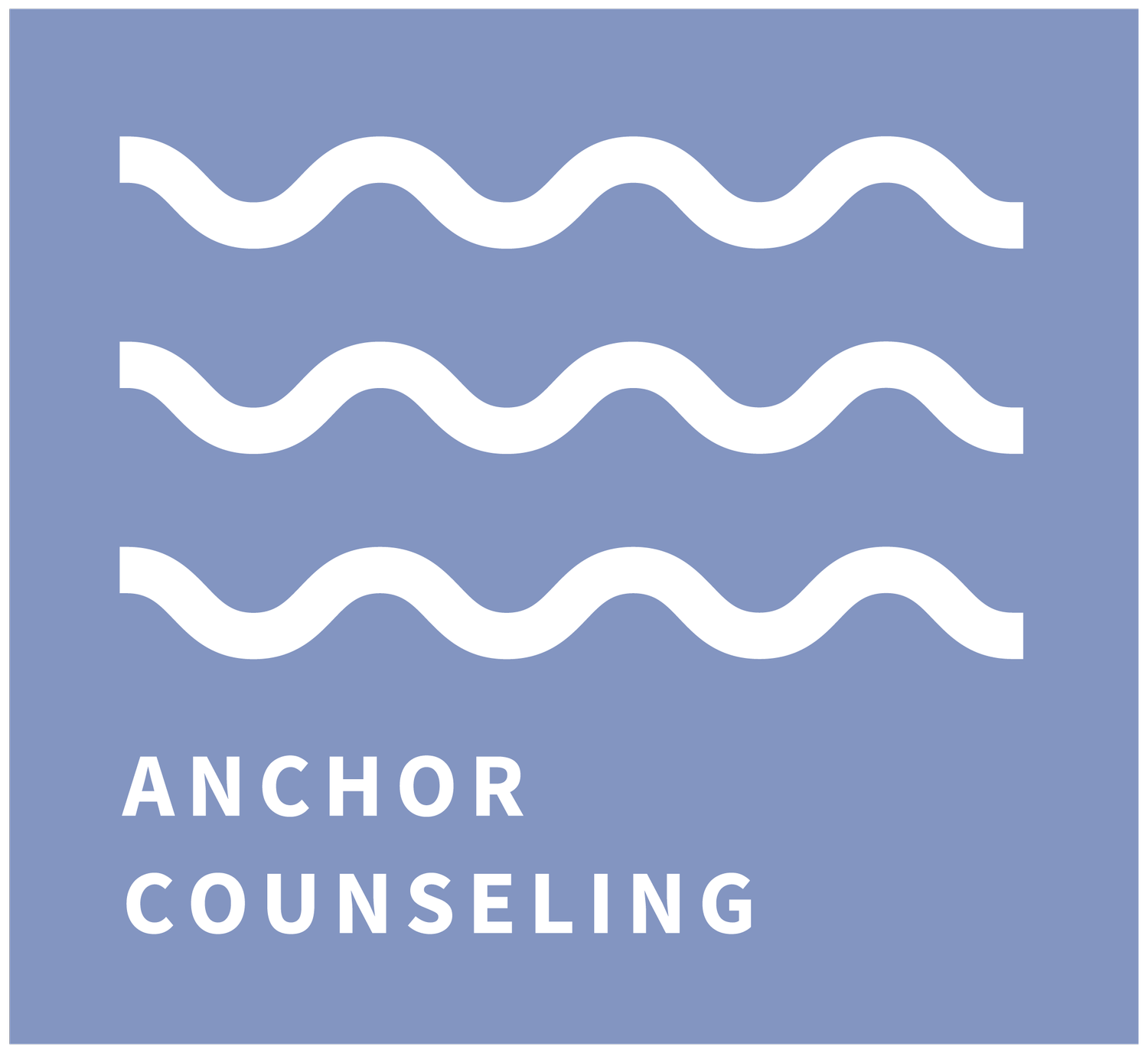What Happens in Couples Therapy?
Have you been considering couples therapy, but are unsure about how it actually works?
There are a lot of reasons partners decide to go to therapy together. Sometimes there are signs in the relationship that you need some outside help, sometimes you’re there to figure out something specific, sometimes you’re looking for better communication or conflict skills. Sometimes you’re there precisely because you don’t know what it is your relationship actually needs.
Feeling apprehensive at the unknown can prevent us from going for a lot of things in life–but our relationships are important to us, so taking the risk here can be massively rewarding. But knowing this doesn’t often make it any less intimidating to jump into a process you know little about!
If the fear of the unknown is holding you back from starting couples counseling, take some time to read through the points below for a better idea of what goes on in couples therapy:
You’re “running the show”:
Once you’ve gone through the logistics of finding the right therapist for you, doing the necessary paperwork, and going over any needed policies with your new couples therapist, you’ll probably jump in by being asked to give a little information about why you decided to come in. There are many different therapy modalities, but in talk therapy of any kind you have to be ready to be a full, engaged participant.
While your therapist will be listening and asking questions, what you start to talk about is up to you. As you and your partner speak, your therapist may ask you to stick with a certain train of thought, or pause your speaking to let your partner respond–but there’s a lot more observing in the therapist role than you may be expecting! If you and your partner are the ones doing most of the talking, that’s normal and good.
You’re still going to talk a lot about yourself:
In couples therapy the focus is the health and functioning of the relationship–unlike in individual therapy where you as an individual are the focus–but your individual histories are still extremely relevant. While you might be expecting to go in and just talk about your relationship, your relationship doesn’t exist outside of all of the history you bring with you, so it’s important to explore and unpack your previous relationships, family histories, and other things in your life. Each piece of the puzzle helps your therapist better understand your role, your needs, and your reactions within your relationship, and can help bridge that gap with your partner.
You might get homework:
Depending on your therapist’s modality, you may leave your session with “homework.” This will be related to what you talk about in session, and will help you to take the work of understanding that you do in the therapy room and turn it into actionable practice within your relationship. The goal with your homework is not to get a perfect grade, but to try something new, to start a healthier cycle, and to come back to talk to your therapist about what worked and what didn’t.
Just as with our individual therapy, couples counseling services will be specific to you and your relationship. There is no magic formula for a perfect, healthy couple–the goal of couples therapy isn’t to make your relationship perfect, but to help you discover what the needs of your relationship are, and how you can communicate them effectively and get them met within your relationship.
If you’re ready to start therapy, our therapists at Anchor Counseling New York can provide you with a safe and stable environment to empower your growth and healing. Our therapists are accepting new clients - schedule an appointment today to get started.


